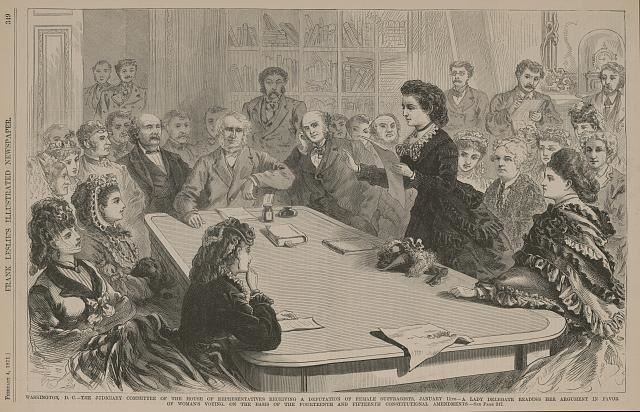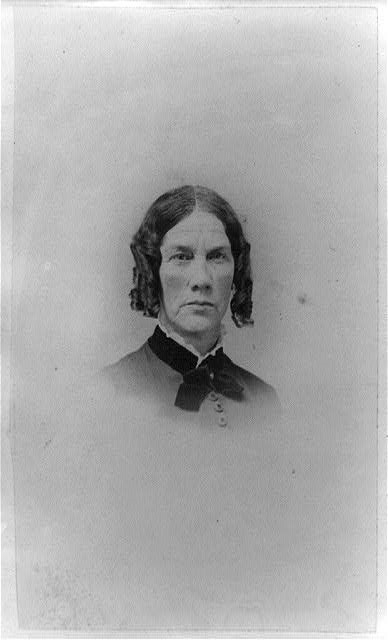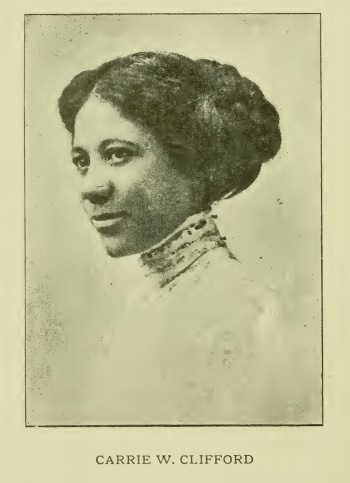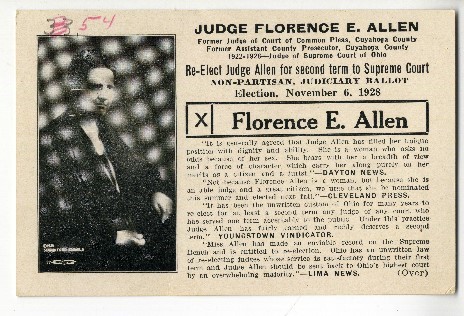What does voting give you the power to do?
What does voting give you the power to do?
Before they could vote, many women participated in public life. Victoria Woodhull was notable for running for president on the Equal Rights Party ticket in 1872. However, most women activists believed the power to vote was key to improving every aspect of their lives, including promoting social changes, protecting women and children, pursuing higher education and careers, and successfully running for office themselves.
Born in Licking County, Ohio, Victoria Woodhull (1838-1927) and her sister, Tennessee Claflin, opened a brokerage on Wall Street in New York City and published a newspaper. She became the first woman to run for president of the United States in 1872.
“Give woman the ballot, and no medical college will refuse her admissions or deny her a diploma. Give woman the ballot, and every avenue of industry, everything that can give strength and life to her soul, will be as open to her as to man."
Frances Dana Gage, 1867
In addition to her work for women’s suffrage, Frances Dana Gage (1808-1884) fought for married women’s rights to own property, advocated for the end of slavery, and traveled to the South during the Civil War to help the injured.
“When the fact is considered that woman is the chosen channel through which the race is to be perpetuated . . . the wonder grows that her voice is not the first heard in planning for the ideal State in which her child, as future citizen, is to play his part."
Carrie Williams Clifford, 1915
Born in Chillicothe, Ohio, Carrie Williams Clifford (1862-1934) worked for women’s rights and civil rights. She formed the Ohio Federation of Colored Women’s Clubs, edited the Cleveland Journal, and wrote essays and poems. She continued her work after moving to Washington, D.C.
“Some men said the idea was preposterous; that I was much too young. So again I called up Eric Hopwood at the Cleveland Plain Dealer and said I was considering running for the Supreme Court . . . he said, ‘Why not?’”
Florence Ellinwood Allen, 1965
Florence Ellinwood Allen (1884-1966) grew up in Cleveland, Ohio, and achieved many firsts in the legal profession. Allen was the first woman elected judge in Ohio, the first woman elected to a state supreme court, and the first woman appointed to serve on a federal court.



